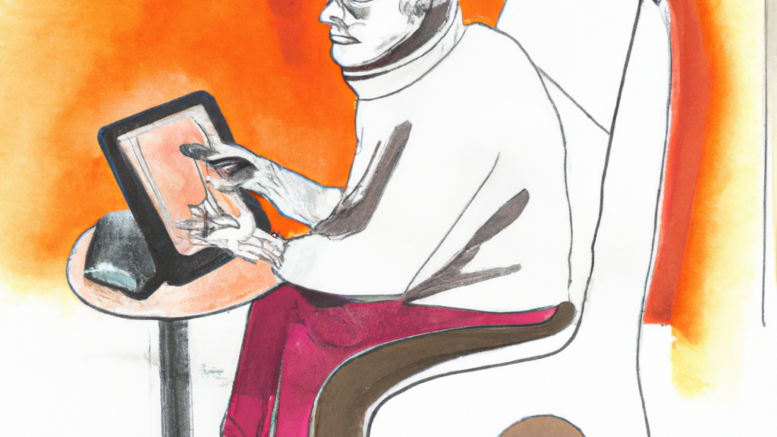As the world population ages, the demand for better care and support for seniors is growing. Fortunately, advances in artificial intelligence (AI) technology are empowering seniors to age in place more comfortably and safely than ever before. This article explores the impact of AI on aging in place, specifically focusing on how smart homes and wearables are revolutionizing elder care.
The Rise of AI: Empowering Seniors to Age in Place
AI is changing the way we care for seniors, making it possible for them to remain in their homes and communities for as long as possible. Smart home technology, for example, allows seniors to control various aspects of their home environment automatically or remotely. They can adjust lighting, temperature, and even lock their doors using voice commands or mobile apps. This not only provides convenience but also enhances safety and independence.
The use of AI-powered virtual assistants such as Amazon’s Alexa and Google Home is another example of the rise of AI in seniors’ lives. These virtual assistants can help seniors with simple tasks such as setting reminders, checking the weather, and making calls. They can also provide companionship, entertainment, and even cognitive stimulation through games and quizzes. With AI, seniors can stay connected to the world and their loved ones without leaving their homes.
How Smart Homes and Wearables are Revolutionizing Elder Care
Wearables are another vital tool in the AI toolkit for aging in place. These devices can track various health parameters such as heart rate, blood pressure, and sleep quality. They can also alert caregivers or family members if there are any abnormalities or emergencies. Additionally, wearables can help seniors stay active and healthy by encouraging exercise and tracking progress.
Smart homes and wearables are also transforming elderly care by using data analytics to identify patterns and predict potential issues. For instance, predictive analytics can help anticipate falls and alert caregivers to take action before an accident happens. By analyzing data, AI can also help customize care plans for seniors, taking into account their unique needs and preferences.
AI technology has the potential to revolutionize aging in place and improve the quality of life for seniors. Smart homes and wearables are just the beginning, and we can expect to see more innovations in the years to come. As we continue to age, it’s reassuring to know that AI will play a vital role in keeping us safe, healthy, and independent.

